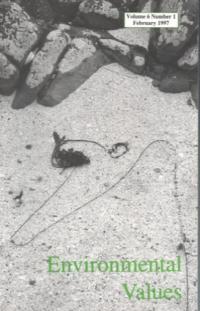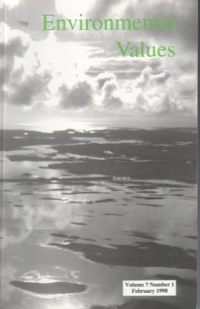"Attitudes and Issues Preventing Bans on Toxic Lead Shot and Sinkers in North America and Europe"
Vernon G. Thomas discuss attitudes and issues preventing bans on toxic lead shot and sinkers in North America and Europe, to point out that despite the parallels between these countries’ reforms, there has been little parity between the banning of lead shot and fishing sinkers.




